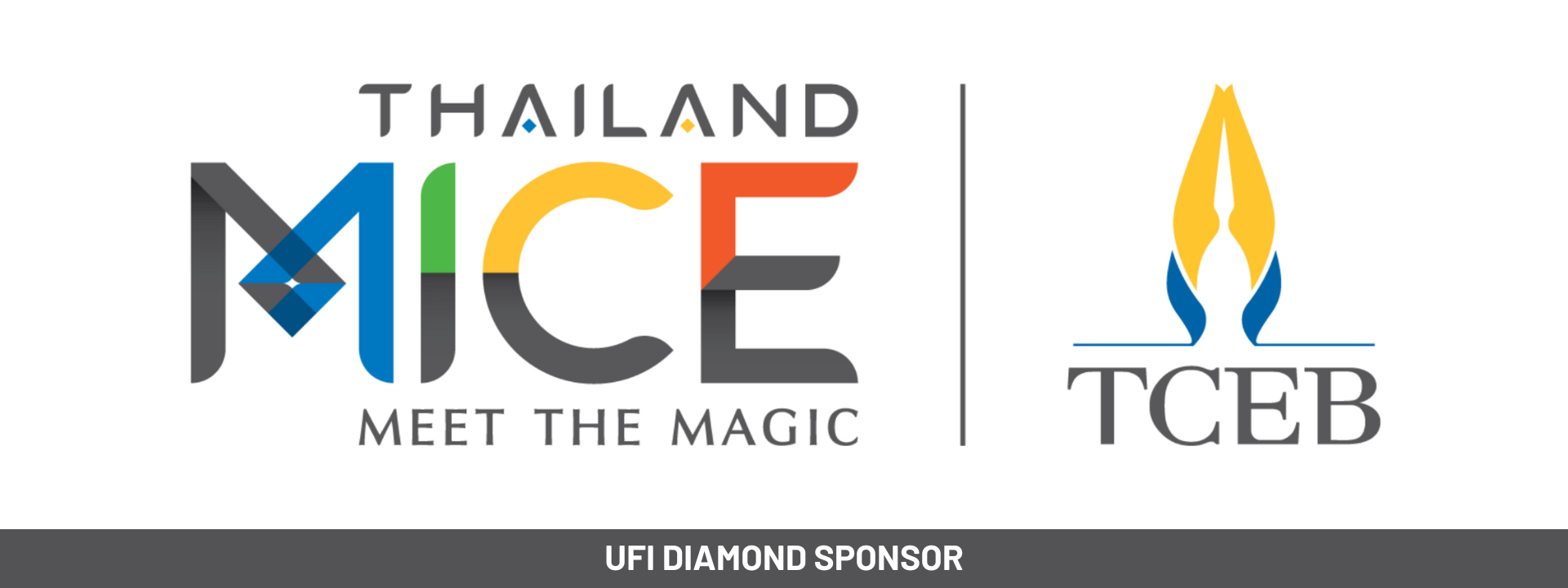
Blogger: Stephanie Selesnick, President of International Trade Information, Inc.
Digitize is a verb. According to dictionary.com, it means: 1. to convert (data) to digital form for use in a computer; 2. to convert (analogous physical measurements) to digital form.
In this case, the digitalization we’re talking about is the unlikely pairing of one of the top two exhibition companies in the world with the largest online retailer in China. In other words, it’s taking analog (face-to-face events) and extending it’s reach to an online platform (converting to digital).
Discussion about this affiliation is one of the featured sessions at the upcoming UFI Congress in Shanghai, China November 9-12. As part of the Strategy Track, “Online 2 Offline 2 Online O2O2O – success?” Jimé Essink, President & CEO, UBM Asia Ltd. (Hong Kong) is going to discuss the partnership and it’s results so far.
I had the chance to ask Jimé a few questions about the groundbreaking O2O2O program.
SS: What made UBM decide to partner with Alibaba in the first place? One would think at first glance that partnering with an online organization would weaken your exhibitions. It seems counterintuitive for growing the Sign China and LED China expos. (Both exhibitions take place September 19-22 at the SNIEC.)
JE: We (the events industry) were very concerned that on-line would eat our events business 10 years ago. We realise now that people need face to face contact, especially in B2B, and that on-line can not replace events. However we also know that the right application of technology will make the difference between successful and not successful events in the future. Combining the strength of an on-line company with an events company is the way to go. On-line companies have big and valuable databases and sophisticated digital solutions, event companies have brands and experience to organise superior live events.
Combining these two different capabilities makes it possible to develop a successful O2O2O solution (on-line, to off-line to on-line), where sophisticated data and search lead to on-line matches (first O), consequently to pre-planned meetings at events (second O) and consequently to conducting business on-line as a result of the successful meet, using Alibaba services to make trade easier and more efficient (third O).
SS: What does Alibaba receive for its end of the partnership? In other words, what is in it for them?
JE: They get access to trade conducted at or as a result of face-to-face events. This will provide a wider basis for Alibaba services and more (transaction) data.
SS: How does it work for exhibitors? Do all exhibitors have access? What happens if they have a service versus equipment or other products to sell?
JE: Yes, all exhibitors will get access, but the third “O” will not be relevant for all, for example, those companies who only provide services. Also the Alibaba trade support function is developed for Chinese exhibitors to start. Sophisticated search, matchmaking and meets at the show can be organised for all exhibitors (and visitors).
SS: What kind of feedback are you receiving from exhibitors about the O2O2O in advance of the exhibitions later this month?
JE: Come to the UFI Congress!
SS: Anything you want to share about the visitor experience with O2O2O before the shows?
JE: Come to the UFI Congress!
SS: Alibaba, as a digital company must track a lot of information. What kind of analytics will UBM receive from Alibaba? How do you plan to use them?
JE: Alibaba and UBM will share all the data, which is generated by the solution, including transaction data. This data should give us better insight in trade conducted during and after events (what, who, volumes etc.) and deeper insight in customer behaviour, which we can use for developing better products/concepts and marketing purposes.
SS: Looking forward to hearing the results! Thank you Jimé.






Leave A Comment